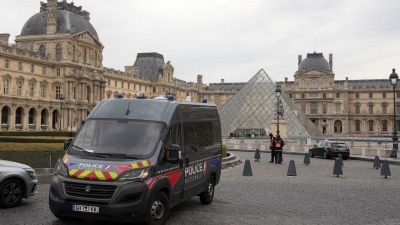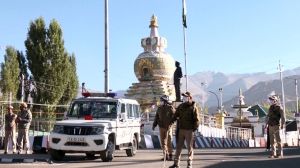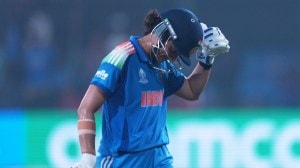Before he left for G8, PM asked is it worth it; on return, says it isn’t
It may have been the high-table of the world’s most powerful, countries which account for over 60 per cent of the global economic trade...

It may have been the high-table of the world’s most powerful, countries which account for over 60 per cent of the global economic trade, but none of that seems to have impressed Prime Minister Manmohan Singh. In fact, sources confirmed to The Sunday Express that the PM was reluctant to even attend the G8 Summit at Heiligendamm.
After spending three days in Germany, Singh still hadn’t changed his view. “We were not active participants in the G-8 process. In fact, the G-8 communique was issued before our meeting. We did make the point that, in future, if similar meetings have to take place, then we should get a chance to discuss our concerns so that our point of view is also reflected,” he said on his way back to India.
Singh conveyed these reservations to his host German Chancellor Angela Merkel and emphasized that it was pointless if the G-8 (US, UK, France, Italy, Japan, Germany, Canada and Russia) had already decided what to do and was looking for mere endorsement. “I told her that we have come here as partners, not petitioners.”
This was, in fact, the PM’s signature line throughout the trip indicating his reservations on this attitude of the big powers. His irritation was even more apparent in internal meetings, sources said. On one such occasion, he observed that it looks like “they frame the questions and we have to answer”.
It was not that the PM realized this once he reached Berlin. While the resentment may have accentuated in the three days he spent there, it’s learnt that he had begun to ask questions well before the visit. He kept asking advisors the point of attending the summit. More importantly, he wondered if it was worth taking out four days from his schedule to go for a visit where India has no substantive role to play.
The problem was the format which keeps one day for the G8 to meet the five outreach countries — India, China, Mexico, Brazil and South Africa — a day after the G-8 have already wrapped up their deliberations. That other leaders like Chinese President Hu Jintao had agreed to attend was explained as one logic to visit Germany else it may send out an unwanted diplomatic message. Moreover, it was also an opportunity to exchange notes with US President George W Bush on the n-deal negotiations. While the PM did not dispute this, he was apparently not keen on making the sidelights the highlight of his visit.
Uncomfortable right from the start, Singh is said to have then decided that India must at least devise its own position on key global issues rather than being “reactive” to issues discussed by the G-8.
It was in this backdrop that the government went on to frame an “India position” on climate change. Instead of reactively rejecting whatever comes out of the G-8, New Delhi this time had a counter position to offer. One which was based on the principle of common and differentiated responsibility and places UN at the heart of the decision-making process.
While the PM did have moderate success in getting the G-8 to rethink its point of view, the fact remains that Singh was disappointed by the format. A G-8 invite that once caused much excitement in New Delhi, is not something Singh is willing to spare time for unless the G-8 changes its ways.





- 01
- 02
- 03
- 04
- 05


























